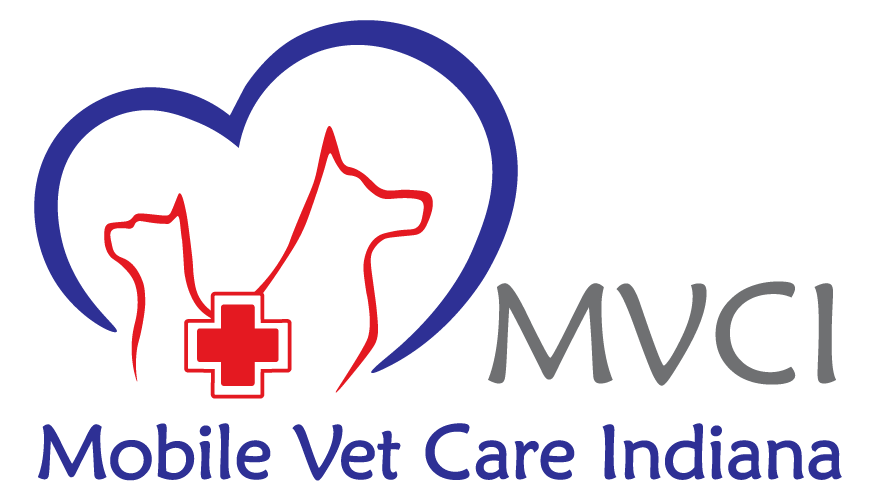As the weather warms up, pets spend more time outside. From fertilizers with pesticides in your yard to discarded food in the park, the outdoors presents many toxin risks for curious cats and dogs. March is Pet Poison Prevention Month, a timely reminder to be proactive about outdoor safety. At Mobile Vet Care of Indiana, we want to help pet owners identify and avoid toxic hazards in their yards and neighborhoods.
Common Outdoor Toxins for Cats and Dogs
Some substances found outside can pose serious health threats to pets.
- Lawn fertilizers and herbicides can cause digestive upset or worse if ingested.
- Pesticides and rodenticides are used to kill insects or rodents, but they are also highly toxic to cats and dogs.
- Compost and trash in compost bins or on the ground can lead to serious illness due to the food being spoiled or toxic to pets.
- Toxic plants like sago palm, oleander, foxglove, and azaleas are just a few common plants dangerous to pets.
The ASPCA has detailed guides to toxic and non-toxic plants as well as toxic foods on their Animal Poison Control website.
Pet Poison Dangers in Public Spaces
Even outside the yard, pet owners should keep a close eye on their pets. Look out for discarded food or food wrappers, cigarette butts, and spilled chemicals in dog parks or on walking trails. Sidewalks and parking lots can contain antifreeze, de-icing salts, and litter from fast food restaurants. Neighboring yards may have recently applied toxic sprays or contain hazardous plants. Contaminated standing water, like puddles, can also contain bacteria. Make sure that your dog has the leptospirosis vaccine, as that bacteria can be found in standing water.
How to Keep Your Yard Safe for Pets
Prevent accidents by creating a safe outdoor environment for your pet. Use pet-safe lawn care products like non-toxic fertilizers. Know what’s in your yard and garden, and make sure to fence off or remove toxic plants. Secure compost and garbage bins using latching lids. Supervise your pets while outdoors, especially if your yard backs onto other properties. Rinse paws after walks if your pet has been on treated lawns or roads.
What to Do If Your Pet is Poisoned Outside
If you suspect your pet has eaten something toxic or been exposed, remove them from the area. Rinse affected skin or paws with water if your pet walked or rolled in something poisonous. If your cat or dog swallowed something toxic, do not make them vomit until talking to a professional. Call your closest emergency veterinarian or a hotline like the Pet Poison Helpline.
Stay Safe When Outdoors with Your Pet This Spring
Your pet’s outdoor adventures should be fun—not dangerous. During Pet Poison Prevention Month, take steps to identify and eliminate outdoor hazards in your yard. Mobile Vet Care of Indiana is proud to give guidance to pet owners who want to know more about cat and dog toxins. Need a mobile vet in Westfield, Fishers, Carmel, Zionsville, and neighboring communities? Book an appointment with us today to keep your pet healthy and happy.

